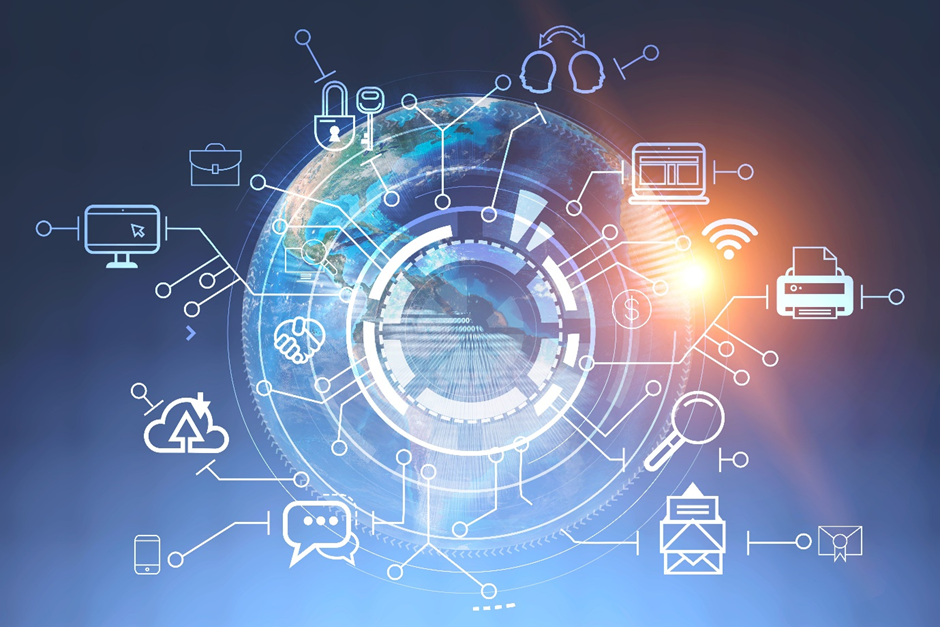
The Ministry of Education has established a comprehensive plan for fostering digital human resources to realize personalized education for all and has prepared a digital-based education innovation plan. The core of the digital-based education innovation plan is to develop and distribute AI digital textbooks and expand teacher training to strengthen the capabilities of teachers who utilize them, and to expand digital infrastructure and pilot applications, 2025 is set as the introduction period and 2026 and later as the expansion period.
In South Korea, digital textbooks began with a plan to commercialize digital textbooks in 2007, and were fully implemented in 2013 under the Digital Textbook Development and Activation Plan. According to the Korea Institute of Education and Research Information, Korea's digital textbook policy is divided into three phases: the development phase from 2008 to 2013 to introduce concepts and technologies, the pilot application phase in research schools from 2014 to 2017, and the generalization phase from 2018 onward. In addition, a digital textbook service platform has been established and operated to support the use of digital textbooks. Currently, a total of 319 digital textbooks have been developed and are in service, including digital textbooks for grades 3-6, social studies, science, and English subjects in middle school, and English subjects in high school, and it is analyzed that more than 10,000 schools are utilizing them.
AI digital textbooks are textbooks equipped with various learning materials and learning support functions using intelligent information technology, including artificial intelligence, to support various customized learning opportunities that meet the abilities and levels of individual students, and should include features such as learning diagnosis and analysis by AI, customized learning that reflects individual learning levels and speeds, and learning courseware designed from the student's perspective. AI digital textbooks with these features should include the following core services for students: learning diagnosis and analysis, optimal learning path and content recommendations for each student, and customized learning support; and for teachers, data-based learning management materials such as lesson design and customized prescription support, content reorganization, and learning history.
The types of data collected and analyzed by AI digital textbooks include personal characteristics, academic achievement, metacognition, and learning interests. The results of analyzing these student data provide students with personalized learning status, their level of achievement, and recommendations for learning content and tasks that match their level, and also provide teachers, parents, and others with the information they need. In particular, students can supplement and deepen their learning according to the results of learning analysis to enable self-directed learning, while teachers can reorganize and add content, and learning management functions such as monitoring learning status and emotions are included. It also needs to provide customized content for slow and fast learners, and ensure accessibility for students with special needs, teachers with disabilities, and multicultural students. To accomplish all of this, the government and related organizations will identify high-quality digital content that they have developed or possess and provide it to developers.
AI digital Textbooks collect, analyze, and process various personal information from students' learning activities, and the data is shared not only with the students themselves but also with their schools and parents, and may be diagnosed by the AI tutor's automated decisions if necessary. Therefore, there are several things to consider when using and utilizing data from learning activities using AI textbooks.
First, publishers that provide AI digital textbook services need to clarify the boundaries of whether the personal information they collect and retain as personal information processors is processed or generated information or collected and used information. If the data generated during educational activities using AI digital textbooks falls under the category of generated, processed, or predictive information, it is not subject to the right to request the transfer of personal information, so the school cannot receive such information at the request of the information subject. Therefore, issuers, schools, and data hub organizations should clarify the items, types, and nature of the information they intend to process.
Second, in situations such as the right to request transmission or third-party provision, if the information subject is under the age of 14, the personal information processor must fulfill the obligation to obtain the consent and confirmation of the legal representative. Since it is difficult or extremely difficult to obtain the consent and confirmation of legal representatives of students from educationally disadvantaged groups, to solve this problem, it is necessary to proxy the consent of the legal representative by the school principal limited to public services such as AI digital textbooks, and to this end, it is necessary to amend the Personal Information Protection Act or prepare regulations that are exempted from education-related laws.
By Staff Reporter Lee Nayeon(2-6)
'Opinion' 카테고리의 다른 글
| Tang Ping, the disillusionment of the Chinese youth (0) | 2024.07.24 |
|---|---|
| Strengthening the protection of teachers’ right (0) | 2024.07.24 |
| Is 'Short-Form Video' Good or Bad? (0) | 2024.07.24 |
| The rise of AI translators (0) | 2024.07.23 |
| Nuclear development of Korea (0) | 2024.07.23 |



